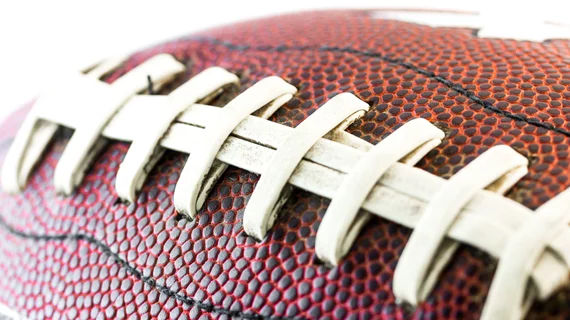NFL awards $35M in grants for brain, concussion research
The NFL has awarded more than $35 million in grants to fund research into brain health and concussions. These grants, the league said, are a part of its previously announced $40 million investment in funding medical research “focused on enhancing player health and safety.”
The NFL’s Scientific Advisory Board (SAB) reviewed 129 grant proposals, invited eight finalists to make oral presentations and then selected five final projects to fund.
The selected grants include:
- More than $6 million for “Prevalence of Brain Health versus Neurodegeneration in Professional Football Retirees” from researchers at the University of Pittsburgh and University of Pittsburgh Medical Center
- More than $14.6 million for “A Prospective, LONGitudinal and Translational Study for Former National Football League Players” from researchers at Boston Children’s Hospital and Harvard Medical School
- More than $9.4 million for “Surveillance in High Schools to Reduce Concussions in Youth” from researchers at the University of Calgary
- More than $3.4 million for “Transforming Research and Clinical Knowledge in Traumatic Brain Injury (TRACK-TBI Longitudinal)” from researchers at the University of California-San Francisco
- More than $1.5 million for “The Spectrum of Concussion: Predictors of Clinical Recovery, Treatment and Rehabilitation, and Possible Long-Term Effects” from researchers at Spaulding Rehabilitation Hospital and Harvard Medical School
Grant recipients are expected to “meet an annual timeline of mutually agreed up on research deliverables” and the researchers will attend annual conferences to report their findings to SAB representatives.
The NFL’s official statement is available here, and a more thorough breakdown of the grant selection process is available here.

